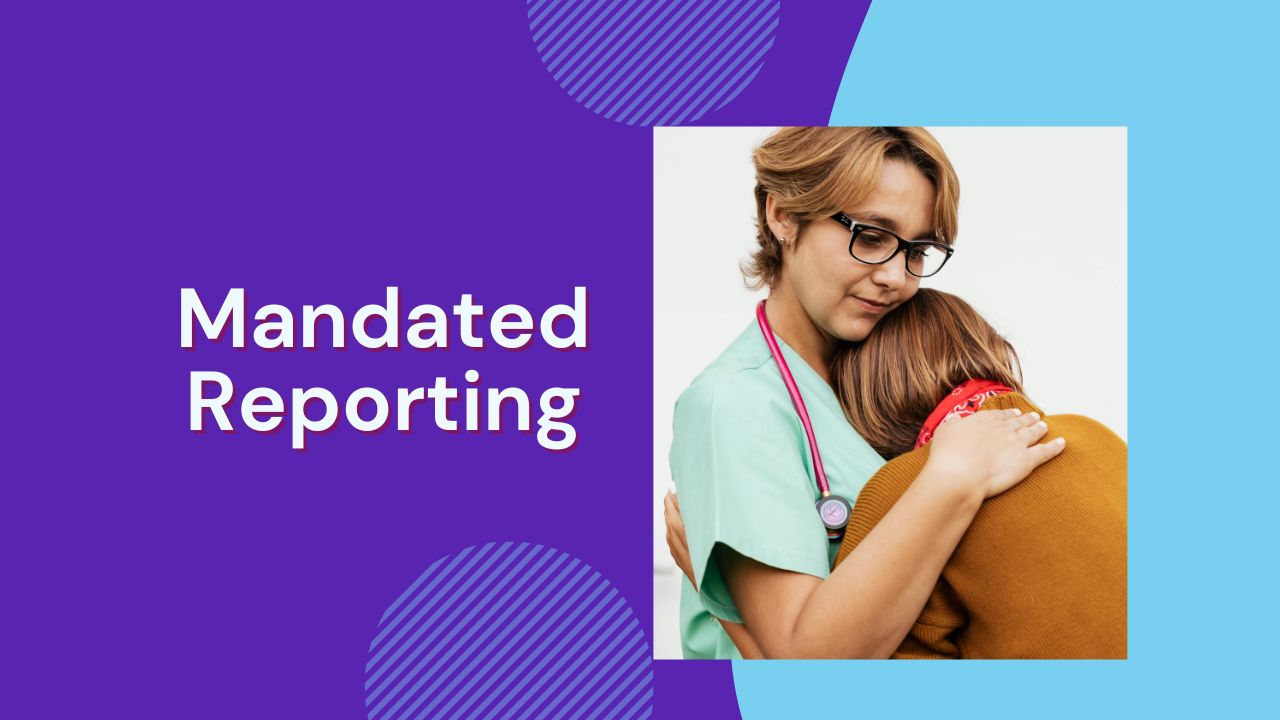Whether you complete a two- or four-year program to become a registered nurse (RN), your personal trustworthiness and professional expertise will mark the difference in your patient care and career.
What are your options? How long does it take to become an RN if you already work in healthcare? Read on to find the answers to these questions and more.
How many years are spent in nursing school to become a registered nurse? There are two general types of RN programs:
- Two-year Associate Degree in Nursing (ADN) programs, which may also be called Associate of Science Degree in Nursing (ASN) or Associate of Applied Science in Nursing (AAS) programs, depending on the college and/or the state in which you attend nursing school
- Four-year Bachelor of Science in Nursing (BSN) programs

How to Become an RN Faster
If you are new to the healthcare field, you can start directly into an RN degree program or make a long-term plan in phases, starting with much shorter CNA or LPN courses that nursing schools may acknowledge for credits in an RN bridge program. Starting as a CNA or LPN has advantages in that some healthcare organizations will help cover higher education expenses for their team members. You can gain first-hand experience before dedicating years to training and education if you are a CNA, an LPN, or an RN looking for jobs while in nursing school; Nursa can help you find flexible and well-paid per diem shifts.
Sometimes, you can finish nursing school faster if you are already a certified nursing assistant (CNA), which may omit six months to one year of training, depending on the program. Remember that many nursing programs now require you to become a CNA first, which may or may not affect the overall length of the curriculum. Additionally, some nursing schools will still require the same length of time to become a nurse but allow you to check off certain clinical aspects of the course if you are already a CNA.
Suppose you are already a licensed practical nurse (LPN). In that case, you can become an RN through a bridge program, which takes, on average, between one to two years - depending on the college and whether you’re pursuing a bachelor’s degree or associate’s degree.
What Degree Do You Need to Be a Nurse?
Do you dream of wearing scrubs and making a difference in people’s lives? Becoming a nurse leads to a world of purpose and compassion, but the venture starts with choosing the right path. Here’s a breakdown of training or degrees you can pursue to reach your nursing goals:
- CNA: CNAs are not nurses but nursing assistants. They also do not require degrees. Their foundation begins with a certificate or diploma from a CNA program. This hands-on training equips CNAs with the fundamentals of patient care, including preventing infections and taking vital signs.
- LPN: You can become a licensed practical nurse with a high school diploma or GED and a non-degree practical nursing program, opening doors to working in direct patient care, administering medications, and assisting with basic procedures.
- RN: To become a registered nurse, you need a college degree, an ADN for faster entry, or a BSN for a broader foundation and leadership opportunities. Both equip you with the knowledge and skills to manage patient care, advocate for patients’ needs, and navigate complex healthcare situations.
- APRN: With a BSN and a Master of Science in Nursing (MSN), you can become an advanced practice registered nurse, leading to roles with expanded autonomy, management opportunities, and the chance to diagnose and take charge of complex patient care.
- NP: To practice as a nurse practitioner, which is a type of APRN, you must hold an RN license, a BSN, and an NP-focused master’s or Doctor of Nursing Practice (DNP). Doctoral programs take you to the highest levels of nursing.
Choose the right path for you. The world of nursing awaits!
How to Become an RN
One question is how to become a nurse, and another is how to become a registered nurse. LPNs, RNs, APRNs, and nurse practitioners are all nurses. Many RNs start as CNAs and then move on to higher degrees of education, skill, and mastery. Nursing is a life-long journey of learning and caring, but you need training and experience to get started.
What education is needed to become a registered nurse? You must complete an accredited nursing program, preparing you for the National Council Licensure Examination for Registered Nurses (NCLEX-RN).
As you gather more training, knowledge, and expertise, you also garner increasing authority and trust to diagnose, determine treatment plans, and administer medication. Of course, nurse pay also grows with further investment in education and weightier responsibilities.
How Long Does It Take to Become a Registered Nurse?
How many years it takes to become a registered nurse depends on your existing qualifications and your chosen educational path. If you are already a trained CNA or LPN, you may be able to complete the program in less time. A college graduate with a bachelor’s degree in unrelated fields may find RN programs that acknowledge and accept some of their completed coursework. How much time can you save in each of these cases? The following are some estimated timeframes, so please check with your preferred nursing program for the exact details.
- Bachelor’s degree in other fields to RN: Your non-nurse bachelor’s degree may allow you to finish a four-year RN program in as little as three semesters, facilitating a full-swing career change into nursing.
- CNA to RN: You may save six months or more in an RN degree program.
- LPN to RN: You may save one year or more due to your LPN training and practice.
Here are some essential points for CNAs and LPNs interested in these bridge programs:
- Some programs allow CNAs and LPNs to test out of specific courses (e.g., anatomy, nutrition, or medical terminology) through standardized exams or to transfer credits from previous training or other relevant coursework.
- Not all RN programs offer such options, so research RN programs and your State Board of Nursing requirements before taking exams or applying.
- Training as a CNA or LPN first allows you to earn income and experience in healthcare while preparing for RN licensure. However, if you are working and studying, you will likely take longer to finish the program.
Bridge programs utilize your existing skills and knowledge, allowing you to transition to RN licensure quickly.

How Long Does Nursing School Take?
Although the formal training to become a nurse takes one to several years, the lessons continue in every patient encounter, triumph, and frustration, strengthening your capacity to heal, comfort, and resolve health issues.
Are You a CNA or LPN Ready for a Deeper Dive into Nursing?
You have already tasted the power of caring for others. Now, imagine expanding your scope of practice, sharpening your skills, and finding new job opportunities. Explore the academic pathways to becoming an RN, discover the perfect fit for your aspirations, and chart your course. Learn more about various nursing career paths with Nursa’s guide to the seven levels of nursing.
Sources:











.jpg)

